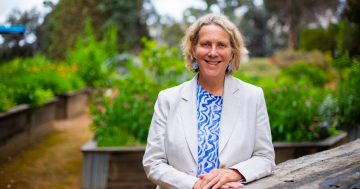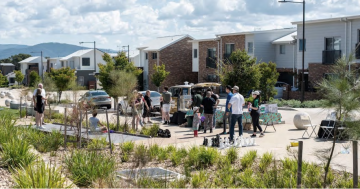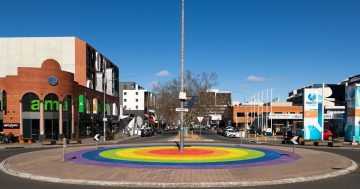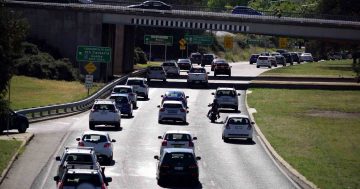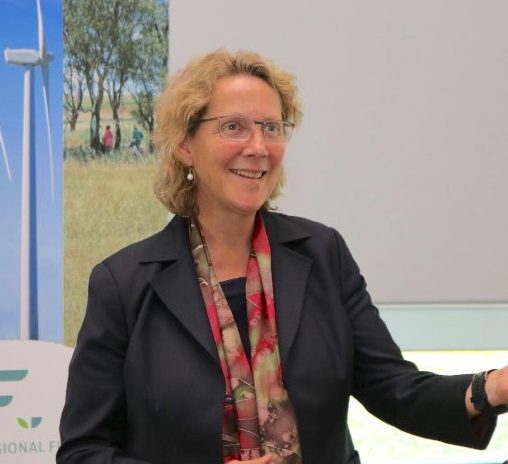
Professor Barbara Norman will discuss whether Canberra’s evolution is worthwhile. File photo.
One of Canberra’s most distinguished urban planning experts says a critical lack of data about our new development is preventing us from monitoring and evaluating huge urban changes, and that data evidence needs to be publicly known and transparent.
The University of Canberra’s Professor Barbara Norman also chairs the ACT Climate Council and will join urban planning Fulbright Scholar Dr Sajeda Tuli, freshwater ecologist, Professor Ross Thompson and health and wellbeing researcher, Dr Jacki Schirmer in a discussion titled Evolution of Canberra: Blessing or Curse? on March 28.
“The scale of change we’re going through in the city is and will be significant,” Professor Norman says. “We are a small to medium-sized city, so it’s important to understand people’s perspectives and what they’re used to and then take that into account in planning.”
Professor Norman believes that many of the ACT government’s policy settings for planning are “about right” as the result of extensive community engagement. But, she says, the problem is the implementation, where we have “a long way to go”.
“There’s a new climate strategy coming, and we’re having a Nature and the City enquiry from the Assembly,” Professor Norman said. “We need to invest significantly in monitoring and evaluation now. That’s critical to understand whether we’re succeeding in implementing our policy sustainably and learning from what we’re doing.”
Professor Norman says it’s hard to tell whether all the new development is being implemented sustainably with value for the future.”If one looks at Northbourne, you can’t tell whether it will all work. We need more urban data about whether we’re making the city more sustainable or not – and how to make adjustments in the future.”
The event will also discuss Canberra’s status as a small city, with a big population of educated, knowledgeable people and a strong university sector. That’s led to our evolving status as a knowledge city, but growth also has environmental consequences, and the forum will look at its impact on our waterways and ecosystems.
Finally, what makes a good quality of life? ACT residents will likely need to adapt to the increased heatwaves, droughts and extreme weather events predicted in our future, and the panel will discuss how the city can respond effectively to that change.
Evolution of Canberra: Blessing or curse? will launch the UnCover Event series. The first is a free public event series taking place at 6:30 pm at The Loft, Duxton in O’Connor. For more information, visit their Facebook page.












